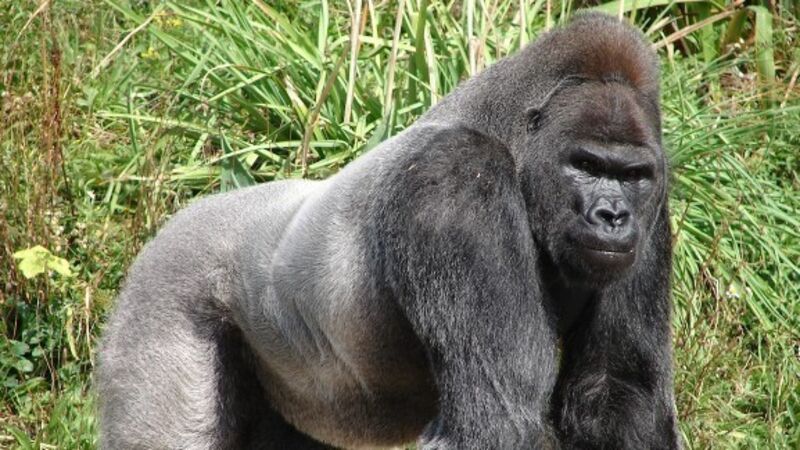Gorillas in the mix for genetics

Then, the line that led to the chimps and us separated from with the one which produced the gorillas. A million years later, the great-ape family tree split again; the chimp branch parted company from the one which would lead to humans. Hominid species have come and gone over the millennia since then. The Neanderthals and Denisovans survived until very recently as did Flores Man, a much more distant cousin. Now, we are the only humans still standing. Our nearest living relatives are the two species of chimpanzee. About a quarter of million pairs of forebears separate us from them.
The ‘bonobo’, only recognised as a distinct species in 1929, is said to be gentler and more civilised than the common chimpanzee. It uses sex and love, rather than brute force and violence, to resolve disputes. We like to think, therefore, that it’s the closer of our two cousins. However, the bonobo line had yet to evolve in the days when our ancestors and theirs parted company, so both chimp species are equally related to us.














